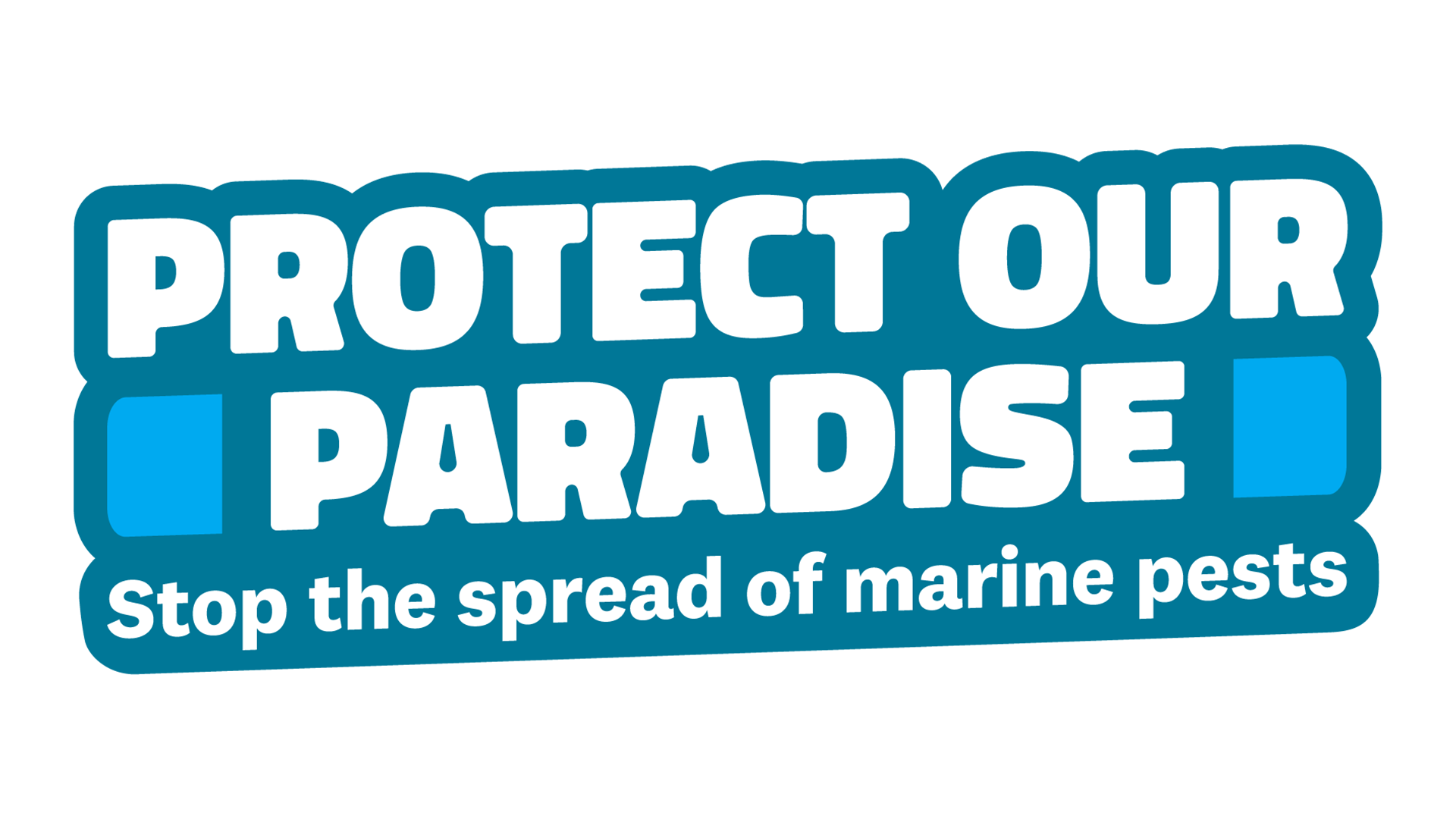-
-
-
-
-
-
-
-
-
The Source - December
-
-
-
-
-
-
-

A vibrant Otago summer
There’s no better place to be than Otago in the summer, and whether you’re at work or play in the warmer months, Otago Regional Council is doing something to support your activities.
The ORC Harbourmaster is on the water, helping to keep boaties and water users safe; biosecurity staff are working to stop the spread of pest plants; and scientists are monitoring water quality so you know where it’s safe to swim.
Summer sees Otago’s primary producers go into full flight as farmers and growers make the most of sunshine hours. Looking after and ensuring fair access to natural resources is a big job for ORC. We have extensive monitoring programmes over summer — such as measuring river flows and lake levels.

Our buses will continue to offer valuable services throughout the Christmas period (with public holiday timetables). Passenger numbers are continuing to rise, exceeding pre-Covid levels — up 33% in Dunedin and 29% in Queenstown in 2023/24 compared to six years ago.
Services like our 24-hour pollution hotline will continue — helping to protect our environment and people’s health. Civil defence, engineers and other staff will be ready to act in case of a weather event, like they did in October when communities also did a fantastic job of preparation and supporting each other.
It’s important we’re responsive to weather events, but also that we’re looking to the future, building resilience and addressing challenges. Across the region we’re working with communities on natural hazard
adaptation programmes.
A productive summer lies ahead, but I hope you get to relax and spend time with whānau and friends.
Happy holidays to everyone in Otago!
Warm regards,
Gretchen
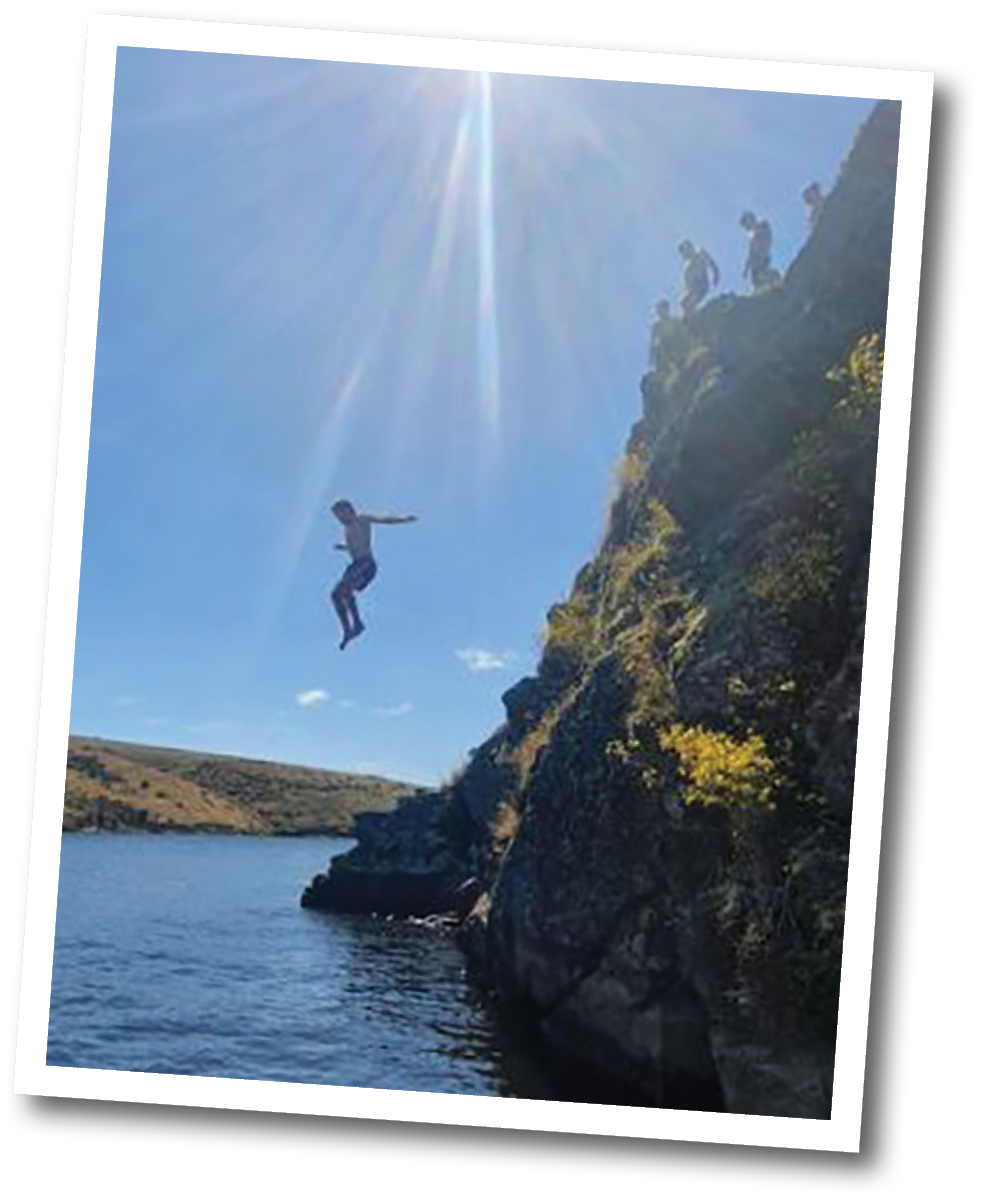 Every summer our team checks popular swimming spots around Otago to see if these rivers, lakes and streams are safe to swim in.
Every summer our team checks popular swimming spots around Otago to see if these rivers, lakes and streams are safe to swim in.
Among the many customer-friendly features, the new website has:
Every summer our team checks popular swimming spots around Otago to see if these rivers, lakes and streams are safe to swim in.
This year we are testing 36 swimming sites for bacteria and/or toxic algae every week and will continue to monitor these locations from 1 December right up until 31 March.
Water quality and conditions can change quickly, so before you make a splash at your favourite swim spot, make sure you learn all you need to know about keeping safe — that includes where to find the latest weekly water quality results.
To help keep you, your family and pets well this summer, follow the Swim Smart Checklist:
- Avoid swimming for 48 hours after heavy rain, as runoff can be washed into waterways.
- Follow any warning signs.
- Check the water is clean and clear.
- Stay away from any pipes, culverts, and flocks of birds.
- Check for hazards.
- Learn how to spot toxic algae and know the hotspots for blooms in Otago.
Check conditions and plan your trip with the latest information.
Visit orc.govt.nz/summersafety
 Checking high flow data from the air
Checking high flow data from the air
Heli-gauging allows us to measure the high flows in the big rivers efficiently and safely. These photos show measurements being done at the Dart River bridge after a significant rain event. Shout-out to the highly skilled Queenstown Heliworks pilot who made this work possible.

Help stop harmful pests, such as exotic caulerpa seaweed and the mediterranean fanworm, spreading along Otago’s coastline.
You clean your boat and gear to keep them in good shape, but cleaning them thoroughly also helps protect the oceans we all love.
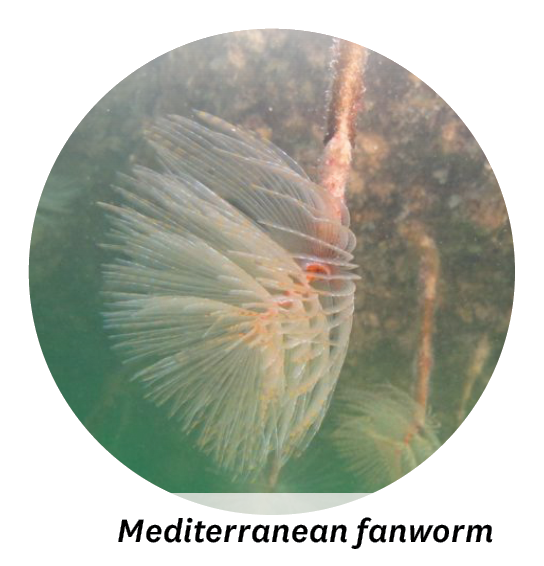 This summer, if you’re out on seawater, remember:
This summer, if you’re out on seawater, remember:
- For all boats, check and clean your gear and anchor, and manage on-board water before moving during your trip.
- For trailer boats, clean your boat thoroughly when you get home.
- For moored boats, regularly clean off slime and maintain your antifouling.
Trying to remove these pests later is hard and expensive. Protect Our Paradise and stop marine pests before they spread — it’s the best way to protect our waters.
Learn more at: orc.govt.nz/summersafety
 Take a photo and report it — phone us on 0800 474 082 OR complete the online reporting form: report.mpi.govt.nz/pest
Take a photo and report it — phone us on 0800 474 082 OR complete the online reporting form: report.mpi.govt.nz/pest
Let’s work together to keep this pest out of Otago!
More info: orc.govt.nz/summersafety
Future opportunities and challenges for Otago were front of mind in preparing the Long-Term Plan 2024-34.
This plan is developed with community feedback and sets the direction and focus areas of the council.
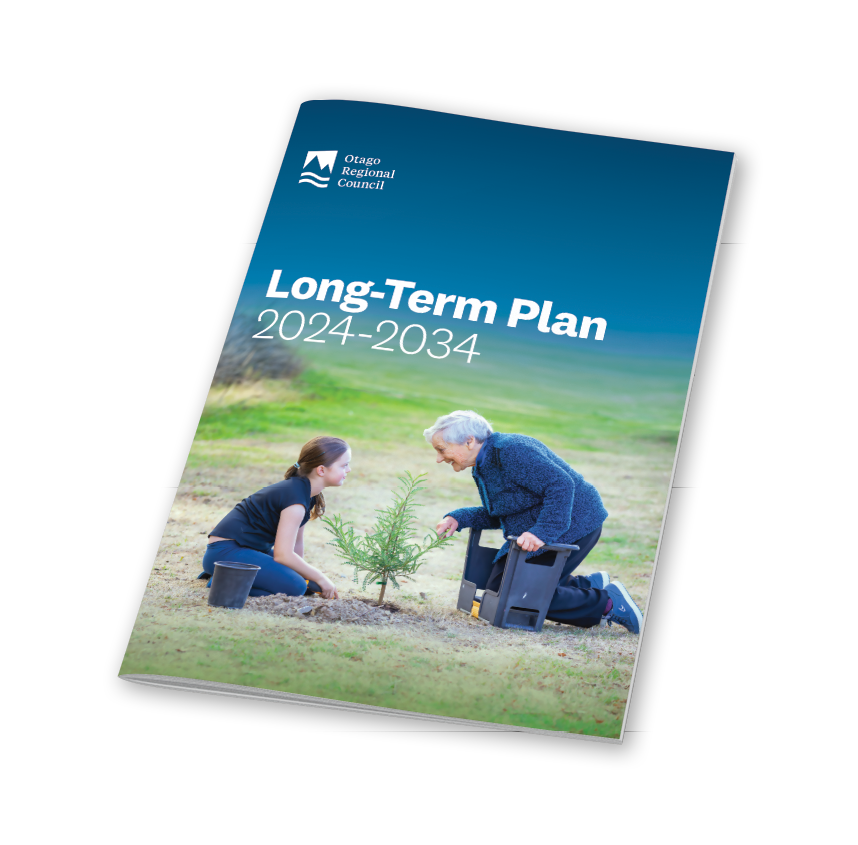 Key decisions made in the plan are:
Key decisions made in the plan are:
- Increased funding and services for public transport in Dunedin and Queenstown over the next 10 years.
- Investigation and trial of public transport for Ōamaru; Alexandra, Clyde, Cromwell to Queenstown; and Balclutha to Dunedin (including airport), and a business case for Wānaka.
- A new fund for large-scale environmental projects from 2025-26, with $2 million a year available.
- Changes to how work is funded through rates, who pays and where. Proposed expansion of rating areas for the wider Queenstown and Dunedin areas is not happening, but a region-wide rate for 20 percent of this rate will be introduced. Proposed changes to rates and zones for flood and drainage schemes will largely go ahead, except for the Lower Clutha scheme.
- Council agreed to changes that reduced spending, which means changes to average rates increases are 16.3% in 2024/25, 13.8% in 2025/26 and 8.7% in 2026/27.
For more information, go to www.orc.govt.nz/ltp
 Otago Regional Council’s Harbourmaster team will be out, based in Central Otago, patrolling on the vessel Kaitiaki and ensuring everyone gets home in one piece.
Otago Regional Council’s Harbourmaster team will be out, based in Central Otago, patrolling on the vessel Kaitiaki and ensuring everyone gets home in one piece.
Whether you’re a keen paddle boarder, kayaker, jet skier or boatie, take the time to do a thorough check of your vessel and all your gear before you head off.
ORC’s Harbourmaster team is all about promoting safety on the water and safe navigation of all coastal waters out to 12 nautical miles, as well as lakes, waterways and navigable waters within the Otago region (excluding lakes and rivers in the Queenstown Lakes District).
The team consists of Steve Rushbrook (Harbourmaster), Pete Dryden (Deputy Harbourmaster) and Jen Bolstad (Harbourmaster Operations Manager) —
down-to-earth, approachable people encouraging and supporting our community.
Before going out, prep your boat, safety and communication equipment, check the weather conditions and know the rules.
New to boating? Stop, think, and find out about basic boating safety rules to protect you and your loved ones. It’s about enjoying our amazing environment and coming home safe at the end of the day.
If in doubt, don’t go out.
Whatever your level of experience, the ORC Harbourmaster team has made a series of videos containing some great advice to keep you safe
Watch them here: orc.govt.nz/summersafety

Boating safety code
- Wear your lifejacket
- Take two waterproof ways to call for help
- Check the marine weather forecast
- Avoid alcohol
- Be a responsible skipper
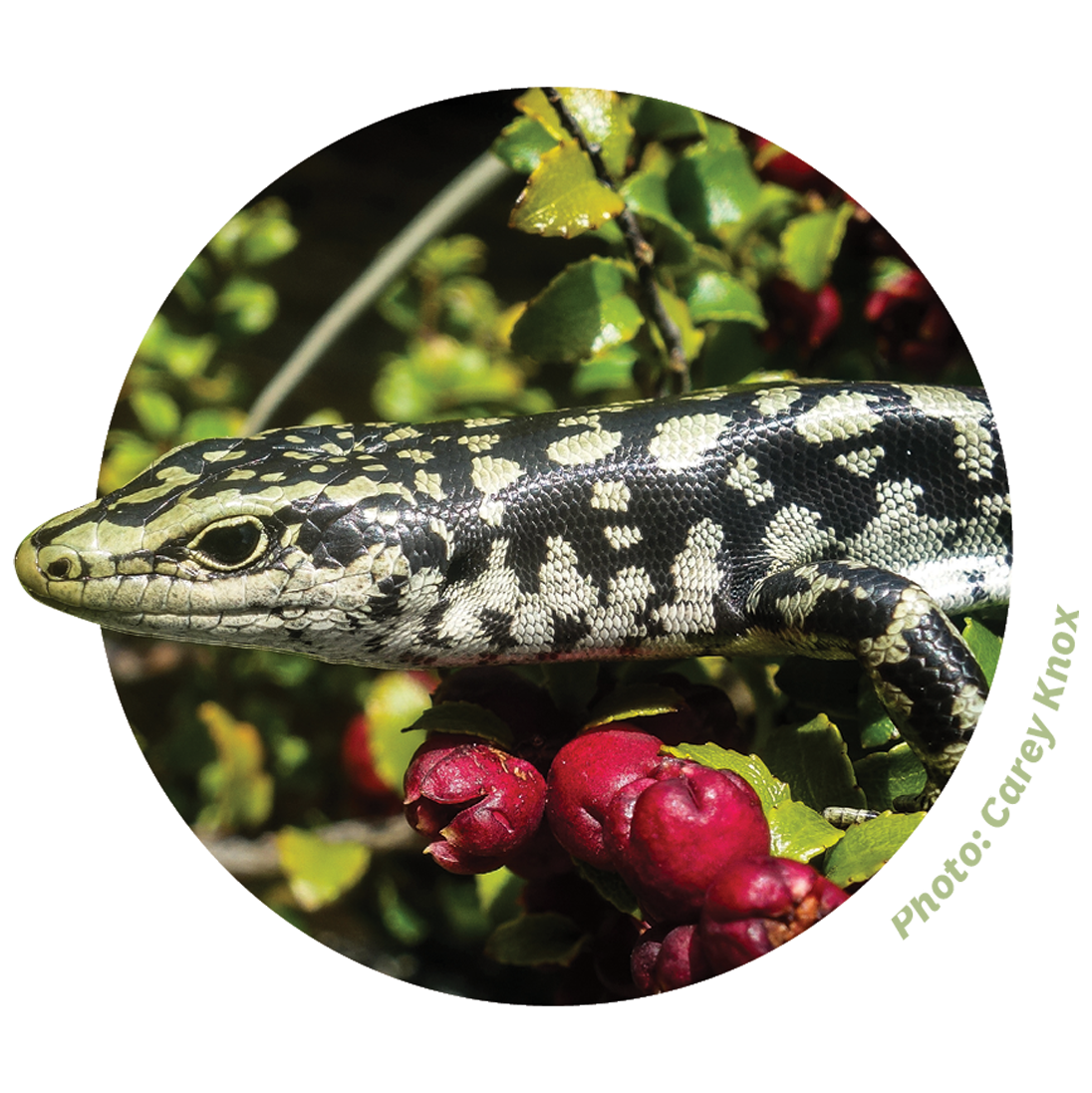
such as this Otago skink
NZ’s largest lizard (up to 300 mm long), the Otago skink, is also NZ’s rarest reptile (population under 2000), only found in 8% of their native range.
Covered in markings (leading them to be known by Māori as Mokomoko), they live for 20 years in the wild, but can be eaten by a cat in seconds.
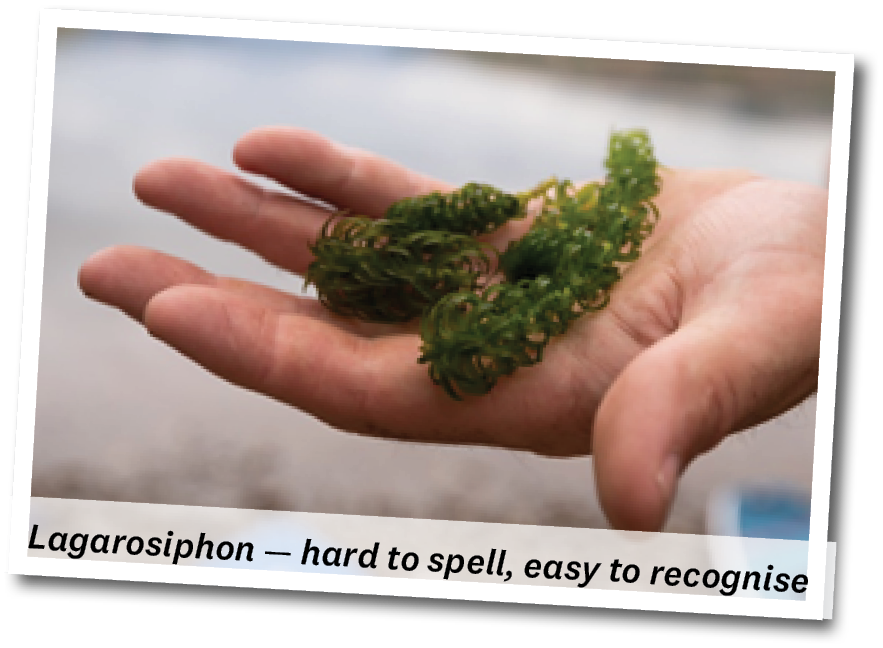 Lagarosiphon, didymo and lake snow are three major freshwater pests present in Otago, and they can spread from a single drop of water or plant fragment.
Lagarosiphon, didymo and lake snow are three major freshwater pests present in Otago, and they can spread from a single drop of water or plant fragment.
When you’re out on the water this summer, make sure that before you move between waterways, you always Check, Clean and Dry any clothing and equipment to prevent freshwater pests hitchhiking from one waterway to another.
Another pest to watch out for this summer is the freshwater gold clam. This freshwater pest is still new to Aotearoa New Zealand, discovered along a stretch of the Waikato River in 2023 and so far only found in the North Island.
Left unchecked, these pests have the potential to clog up waterways, disrupt ecosystems and make recreational activities difficult, if not impossible.

Bikes ain’t alright (just for now)
We temporarily can’t carry bikes on bike racks on buses, following a safety notice from NZTA.
The restriction is because carrying bikes can potentially obscure headlamps on some bus models. People who use bike racks should check orc.govt.nz/bikeracks for updates.
We’ll let you know when this has been resolved.
“I’m completely eroding,” he jokes.
Murray Harris can read a hillside in a glance and pick out its features.
He looks for key indicators: soil colour, depth of topsoil, supersaturation (i.e. poor drainage), active sub-surface springs, heavy clay texture, vegetation (such as rushes), and fencelines (are they straight).
He also tracks and detects other landscape features by looking at old photos.
We filmed a video with Murray recently to promote our hill country erosion project (mapping and identifying erosion-prone spots in our region) — watch it and find out more about this project at: orc.govt.nz/hillcountry

ORC water quality scientist Helen Trotter specialises in the stuff most of us intensely dislike — making meaning out of spreadsheets and tables.
She translates water quality sampling numbers into information that helps the public decide where to swim and walk their fur babies over the summer months.
Helen’s team will also do follow-up analysis when there are elevated results for things such as E. coli — to understand issues in a catchment and make sure there are no public health events.
How did Helen come to this role?
“I studied biology and environmental science and found I really enjoy working in freshwater ecology.”
Helen’s kids and dogs love any excuse to get in the water, so her job protects those closest to her as well as our whole community by making sure Otago’s popular swimming spots are safe to swim in.
ORC collects water samples at 36 sites throughout the region — half of these freshwater lakes and rivers, the rest beaches and estuaries — and tests for toxic algae and faecal indicator bacteria which may pose a risk of illness at elevated levels.
What does Helen love about her job?
“Providing information to help the community make choices about where and when to swim is a practical application of the data, science in action, and we get to work with a variety of other teams: communications, environmental monitoring, the various district councils and Health NZ, so it’s collaborative.
“There is a reactive side too — when algal blooms occur or there is heavy rainfall causing elevated levels of
bacteria, we need to respond quickly and get the information out to the community.”
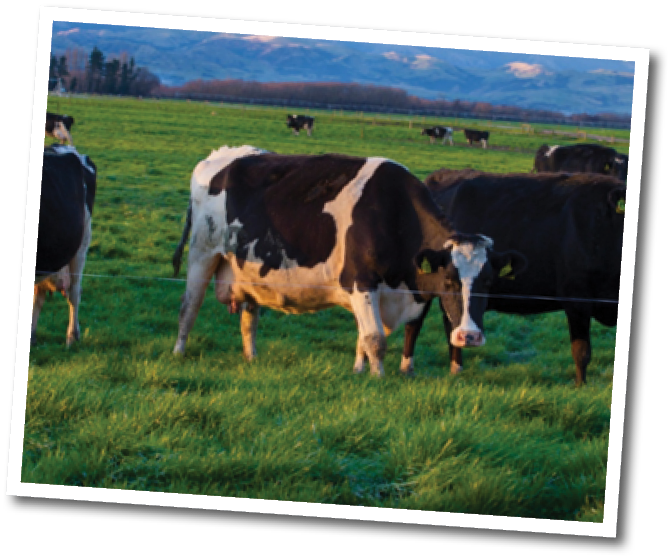 Put the jug on — we’re coming to see you and meet your cows.
Put the jug on — we’re coming to see you and meet your cows.
Otago has 462 dairy farms — the majority clustered around the Clutha and Waitaki districts, and most of the remainder on the Taieri Plain, Maniototo, Manuherikia, Ida Valley and Hāwea Flat areas.
These farms are monitored annually on a risk-based approach, with the focus on how to support the sector.
This year the team will again be checking compliance with dairy effluent storage and application to land, and how silage, farm rubbish and offal is managed. The team will also be looking at where water is sourced from and how it is used on farm.
Six hui were held for schools during Term 4 — spanning October to early December — in Queenstown, Waitaki, Central Otago, Dunedin, Clutha and Wānaka
Enviroschools Regional Coordinator Leisa de Klerk says this is a record — the most ever undertaken in a single term.
“The main focus is giving young people the skills as leaders of their school to create environmental change,” she says.
After more than 21 years, Enviroschools programmes across Otago now reach 101 schools (the 101st school is Romahapa, in Clutha) involving more than 24,000 pupils in year-round programmes.

The flood hazard risk for Lindsay Creek (North East Valley) is being investigated along with possible mitigations.
It’s one of a number of projects our natural hazards team do, including South Dunedin ground monitoring and Glenorchy risk assessment.
Severe flooding has been recorded in NEV at least 10 times since the late 1860s. The creek channel is part of the Dunedin river management area, managed by ORC to ensure flows and sediments are transported as efficiently as possible, with routine monitoring, vegetation control, obstruction removal and bank erosion repairs where applicable.
A detailed assessment of the Lindsay Creek flood hazard will inform the flood mitigation investigations and also emergency flood responses.
Investigation will consider all sources of flooding: river, stormwater and surface runoff, and take into account the effects of climate change.

 Reception will close from 5pm Monday 23 December and reopen 6 January, but we have staff on call over the holidays.
Reception will close from 5pm Monday 23 December and reopen 6 January, but we have staff on call over the holidays.
Orbus contact details: 0800 672 8736 or email transport@orc.govt.nz
24/7 Pollution Hotline: 0800 800 033 or email pollution@orc.govt.nz
You can check the bus timetables online:
orc.govt.nz/orbusdn or
orc.govt.nz/orbusqt
 Need to top up your Bee Card?
Need to top up your Bee Card?
You can still top up online at beecard.co.nz, on the bus (cash only), or at any other Bee Card retailers (check their opening hours first).
